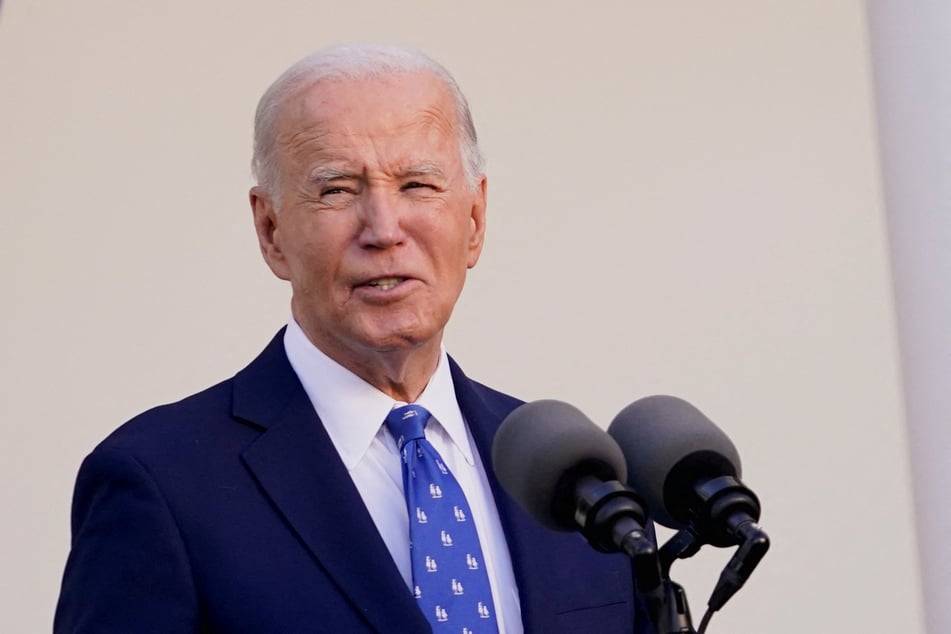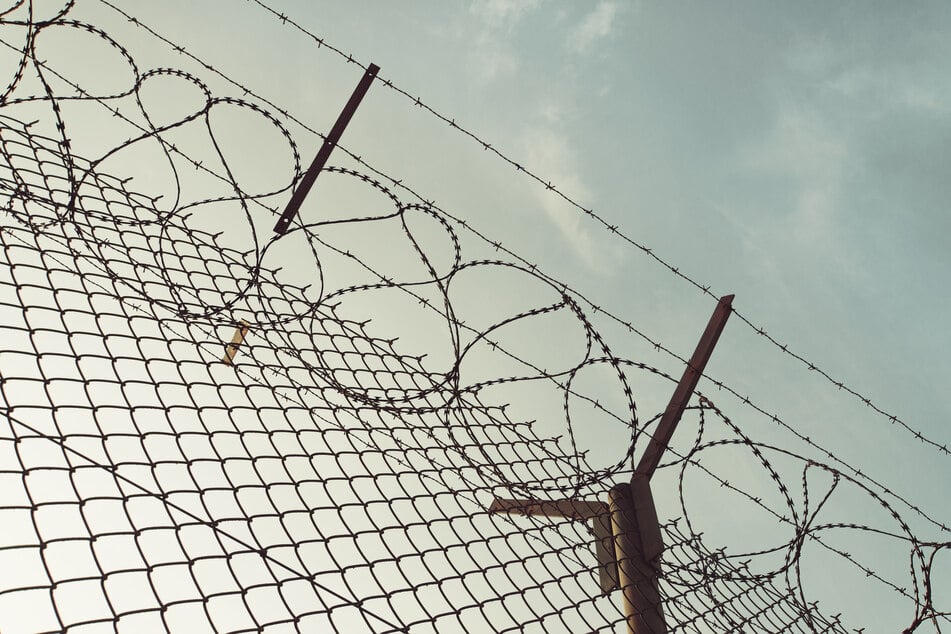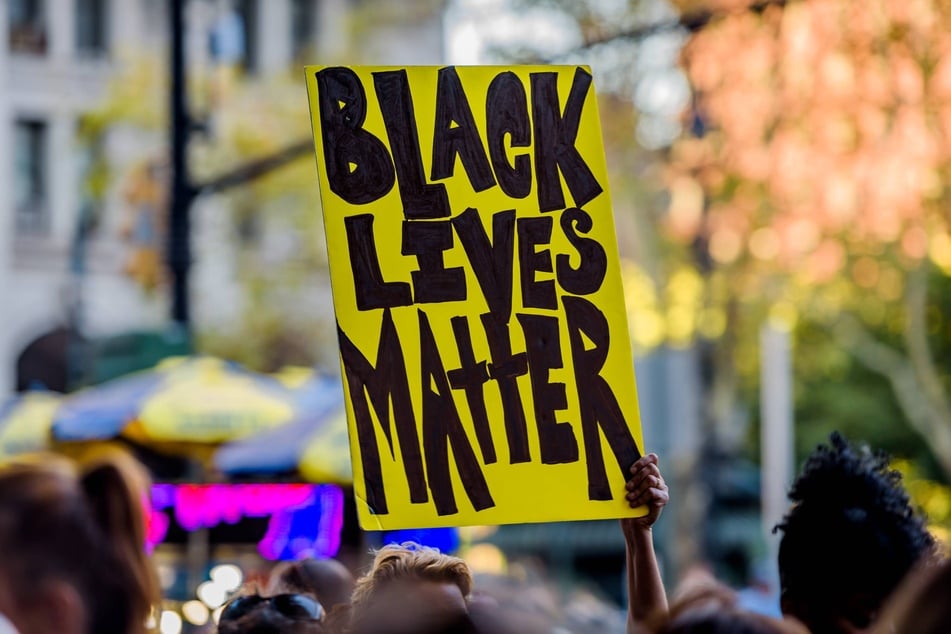Biden faces mounting calls to grant thousands of incarcerated people "last best chance" at relief
Washington DC - President Joe Biden is facing growing calls to use his executive clemency authority to free thousands of people in federal prisons, many of whom have spent decades behind bars on long, disproportionate sentences.

"Mr. President, there's one more chance to give thousands a second chance. Clemency Now," states an advertisement airing over the next two weeks on MSNBC and CNN.
Zoë Towns, executive director of FWD.us, the group behind the ad, told TAG24 NEWS, "We want to focus the president’s attention on the many thousands of people who are still serving long prison terms in federal prison for sentences that are now pretty out of step and what we call disproportionate with the sentences that are being handed down today."
According to the Office of the Pardon Attorney, Biden has received nearly 12,000 clemency requests – and has just weeks left in office to act.
Behind the numbers are real people, from real families and communities, hoping for the opportunity to go home after years of separation.
"For many of these people, they are long past the age of retirement. They have spent decades in prison. They are grandparents, many of them. Some of them are younger and are parents and want to be home taking care of their kids, want to be back in the workforce helping provide for their families," Towns said.
"Certainly because of the long prison terms in the federal system and because there have been so few ways out of that system, we do have a lot of people who are quite elderly, quite ill, and this is their last best chance at relief."
Biden urged to move on executive clemency

In order to receive executive clemency, an incarcerated person must first file a petition with the US pardon attorney, who then evaluates the claim and makes a recommendation to the president whether to grant or deny the request.
The president has the authority to pardon or commute the sentences of people convicted of federal crimes – without having to go through Congress.
Former President Barack Obama used this constitutional power to extend nearly 1,700 commutations, sparing people a cumulative 20,000 years behind bars.
Many of the petitions before Biden are from people whose cases were not addressed under Obama's Clemency Initiative and who have been applying for relief for more than a decade.
Among them are people who were convicted on drug charges that would have resulted in shorter prison terms today. This is due to sentencing reforms which were not applied retroactively, as well as unjust sentencing disparities, such as those for crack v. powder cocaine.
Now, calls are mounting from advocacy organizations, federal lawmakers, and past clemency recipients for the outgoing president to exercise his clemency powers in bold fashion before his White House term comes to an end in January 2025.
These demands have amplified since Biden announced a "full and unconditional pardon" for his son Hunter, as many people continue to languish in federal prisons on excessive sentences.
"These families will be better, stronger, and safer with their loved ones home, and you have a process in place where you’ve got a pardon attorney who has rigorously vetted these cases and lifted them up. So, let’s move!" Towns insisted.
Mass incarceration and public safety

Not only is clemency the right thing to do, but it's also critical to boosting public safety, advocates say.
"We've learned time and again from any number of reforms that have been really rigorously studied that second chances are a pretty integral part of any serious safety agenda, so if you want to take safety seriously and you're foreclosing doors to second chances, you're going to be at a loss," Towns explained.
Public attitudes toward imprisonment and safety are also shifting, as the carceral system impacts increasing numbers of Americans.
Almost two million people are locked up in prisons and jails around the country, with over 158,000 in federal prisons. Towns said one in two Americans have experienced incarceration in their immediate family, while one in three have a criminal record.
Communities of color face the brunt of this injustice. Almost 40% of incarcerated people in the US are Black – although Black people make up just 14% of the national population. Black men account for over half of all people imprisoned on drug sentences of 20 years or more.
FWD.us polling shows that more than 70% of voters, regardless of party affiliation, believe jail and prison populations should be reduced, and more than 80% support increasing commutations via executive clemency.
Ample research and experience indicate that community-based programs and expanded access to social services do far more to reduce crime than locking people up for years and years.
"Absolutely, people should be demanding more safety in America," Towns said. "And also if we’re serious about that, we need to be investing our energy there and not be distracted by these postures of toughness that might feel good in a campaign commercial, but that ultimately actually undermine the social fabric that keeps families and communities safe."
"Clemency is just one tool of many [...] that can safely reduce a prison term and bring somebody home so that they become a contributing member of their community and their family," she added.
Cover photo: REUTERS